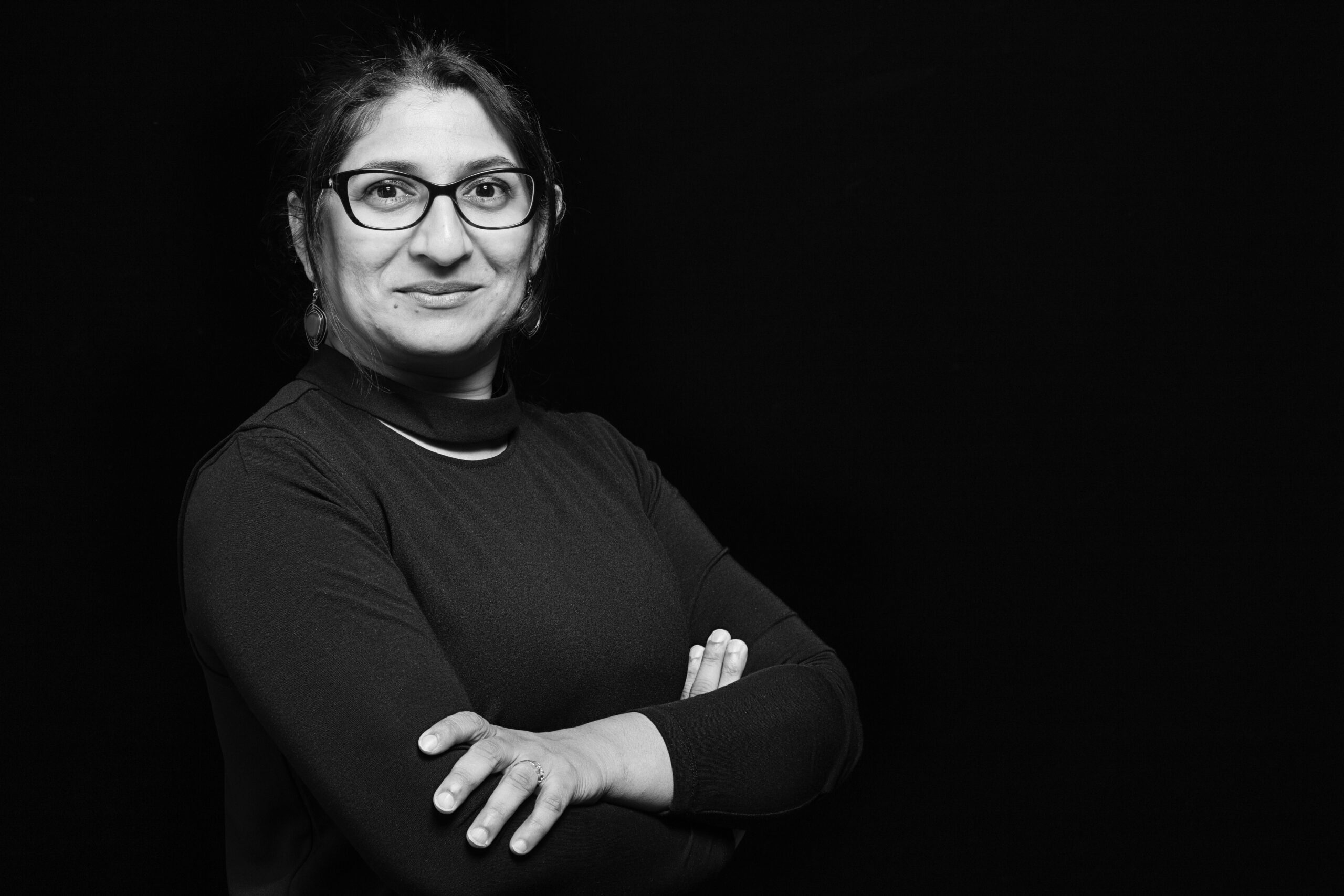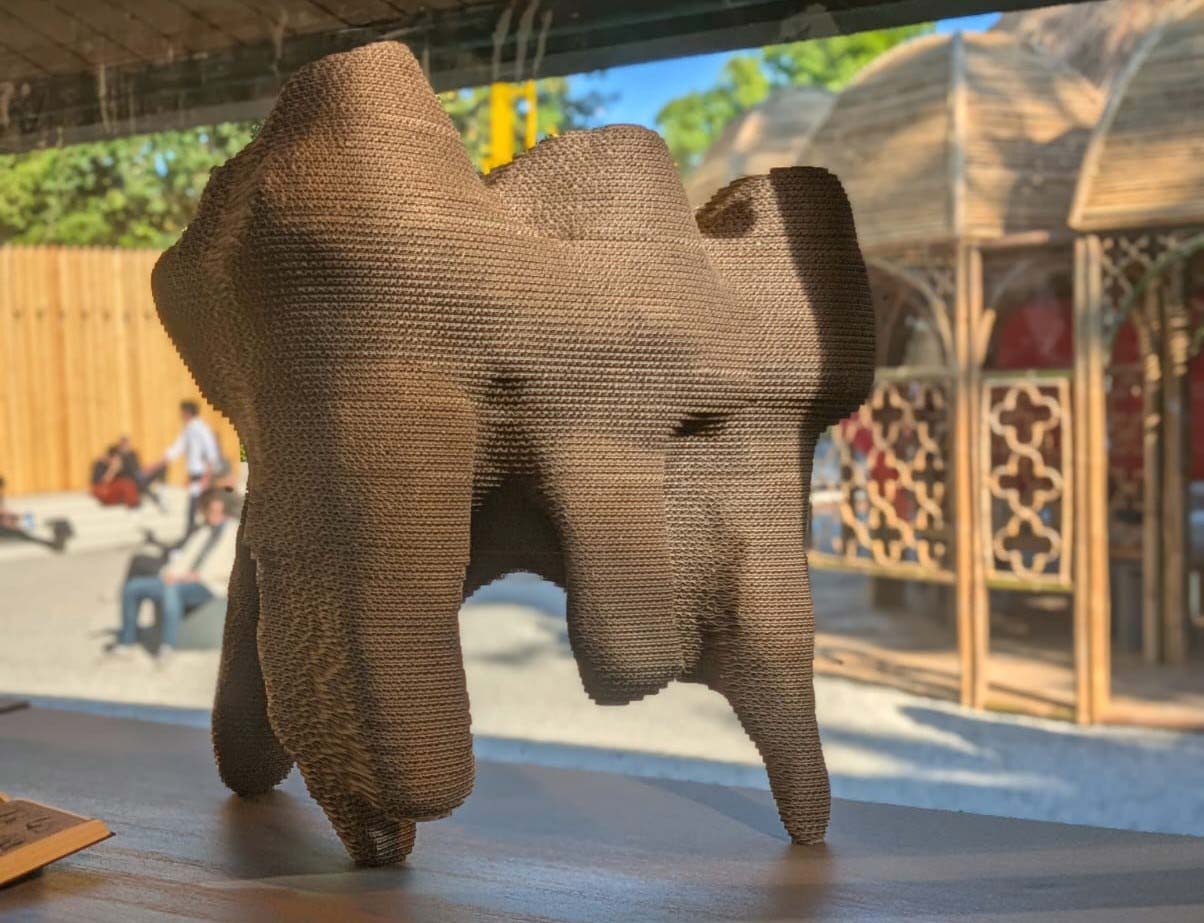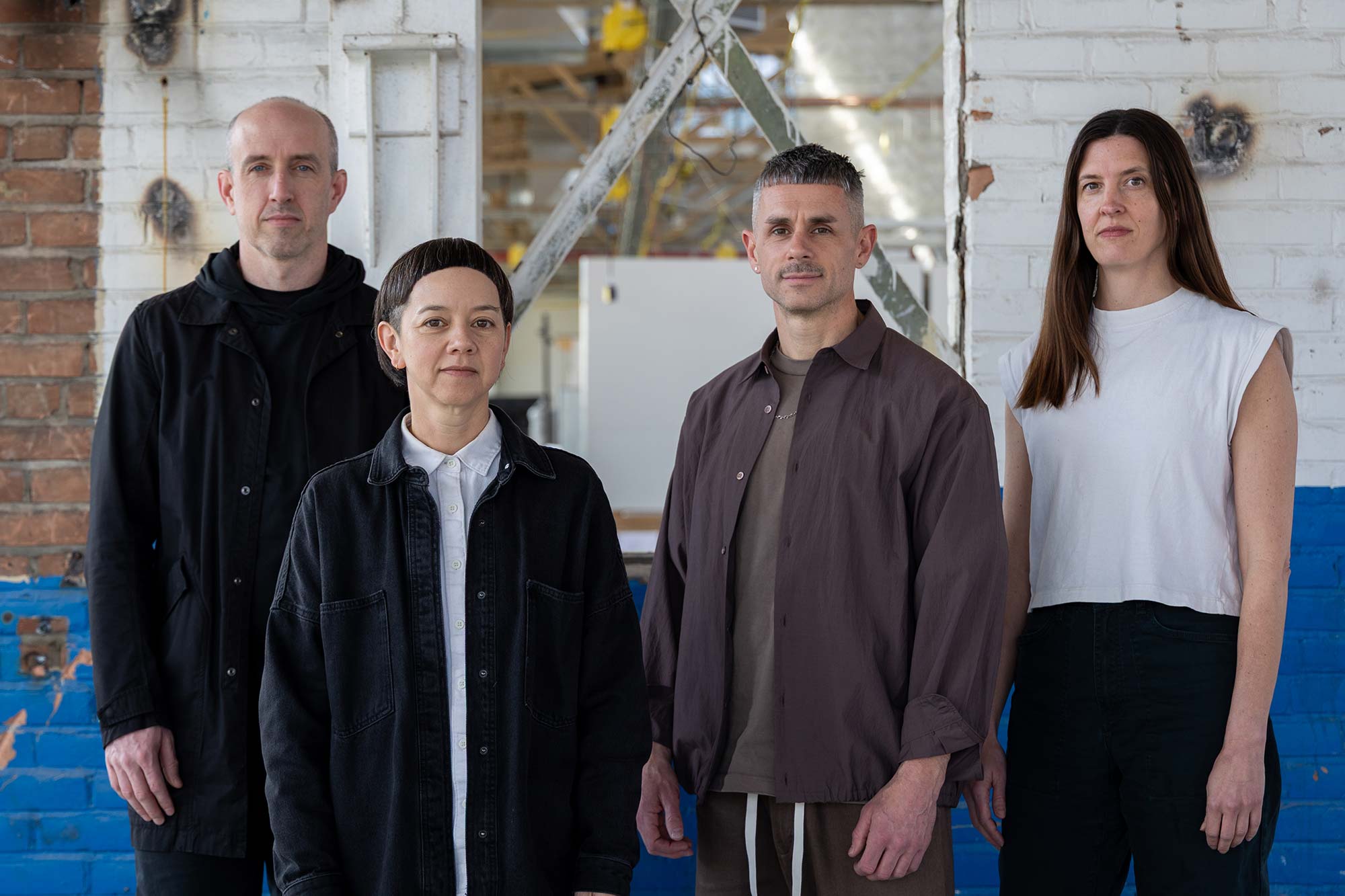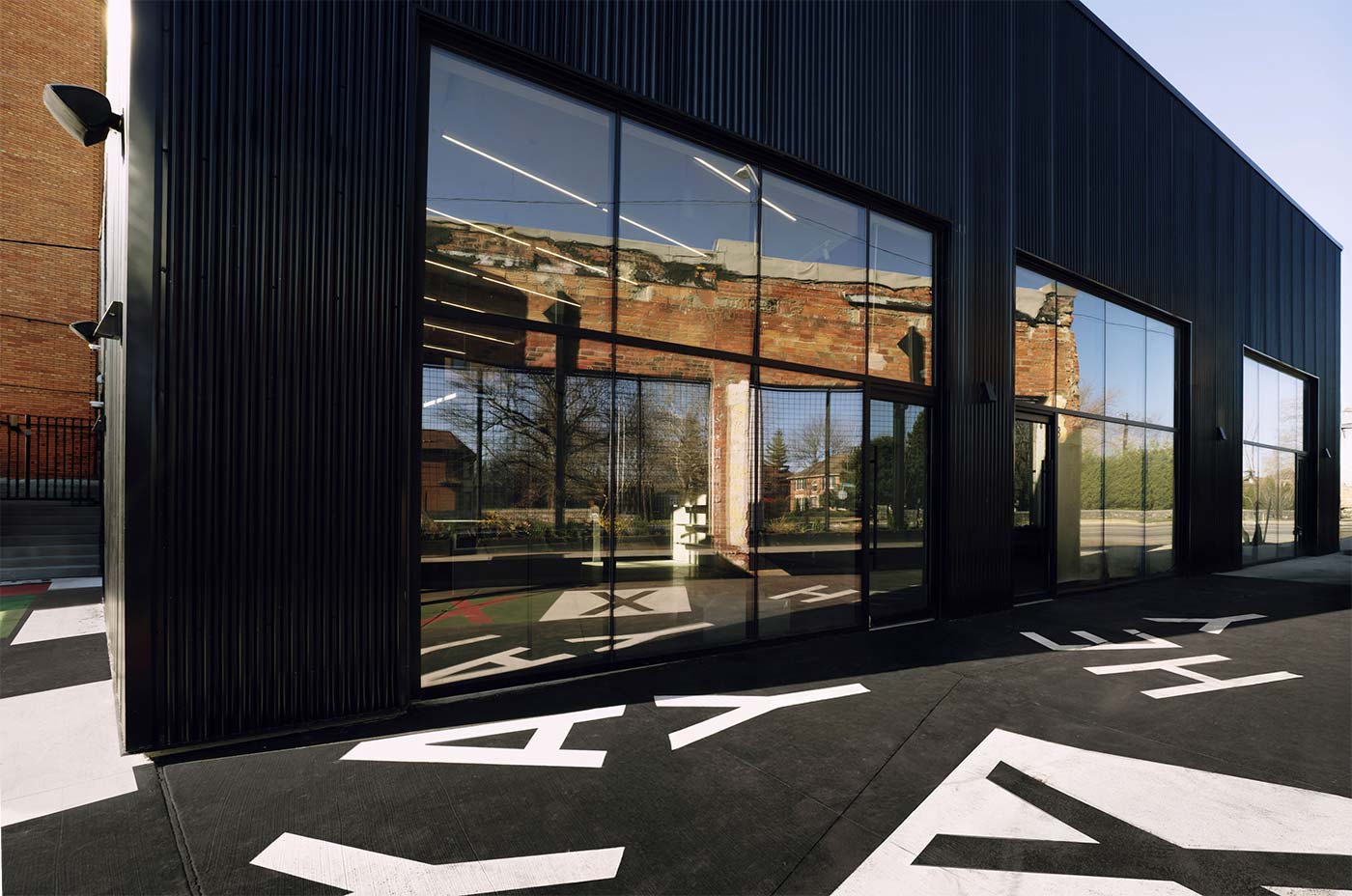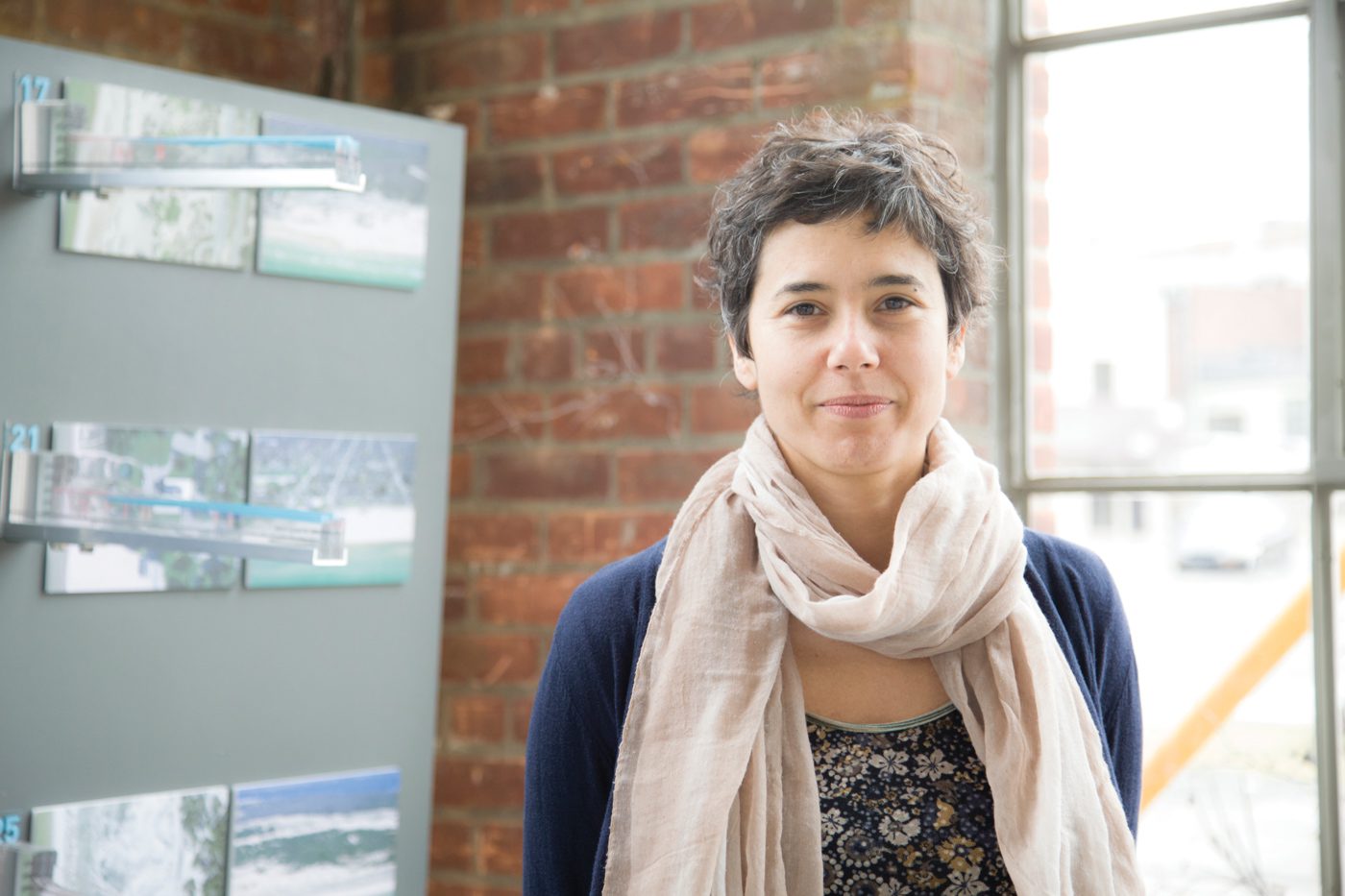
Spring 2020 Portico: Maria Arquero de Alarcon on Confinement, Education, and Urban Life
Q: What Are You Thinking About?
A: Confinement, education, and urban life.
Why Is This Interesting to You?
While this is not the piece I originally intended for Portico, the global pandemic has caused us to navigate a distant present and wonder about an uncertain future. This winter and spring, we became intensely aware of our own socio-environmental footprints while launched forward into “the digital” as the only available social space. Following the calls for confinement, we have all embodied the widespread effects of this crisis. Yet the impacts are asymmetrical, and the highly segregated and unequal society that we have created has turned to us its most dreadful face. Many are calling for this distinct moment to mark a paradigm shift, to challenge the status quo in a quest for critical investment in building systemic resilience. For us, educators, architects, and urbanists, this is a call to address the crisis of imagination that keeps preventing us from taking decisive action and leading a radical shift of priorities.
What Are the Implications?
At Taubman College, we work with communities across the globe, and we are following the impact of the pandemic with utmost concern and attention. In the winter 2020 semester, our projects brought us to learn from Detroit, São Paulo, Madrid, Ahmedabad, Mexico City, and New York. The pandemic has deeply impacted each of these cities, challenging our pedagogies and compelling us to question the nature of our work. Our agency as educators, students, professionals, and global citizens is at stake, and yet we can seize this moment as an opportunity to markedly reshape our institutions of higher education. Can we relearn to teach, research, and practice in a way that accounts for uncertainty and far-reaching change and protects the most vulnerable? Can we reimagine paths to the co-production of knowledge with the very communities who cannot afford our fees and services? What are the mechanisms to ensure our doors and windows remain open for more widespread access to our academic resources? How can we relearn to plan, design, write, and imagine alternative, better worlds that transcend our vision of possibility today? While higher education offers us the privilege to reflect and cultivate a critical gaze of the world around us, it should first and foremost lead the way to collective transformation in times of crisis and uncertainty. This is the defiant and fascinating journey ahead of us.
María Arquero de Alarcón is an associate professor of architecture and urbanism and director of the Master of Urban Design program. She also is principal of the research-based, collaborative design practice MAde-Studio.





